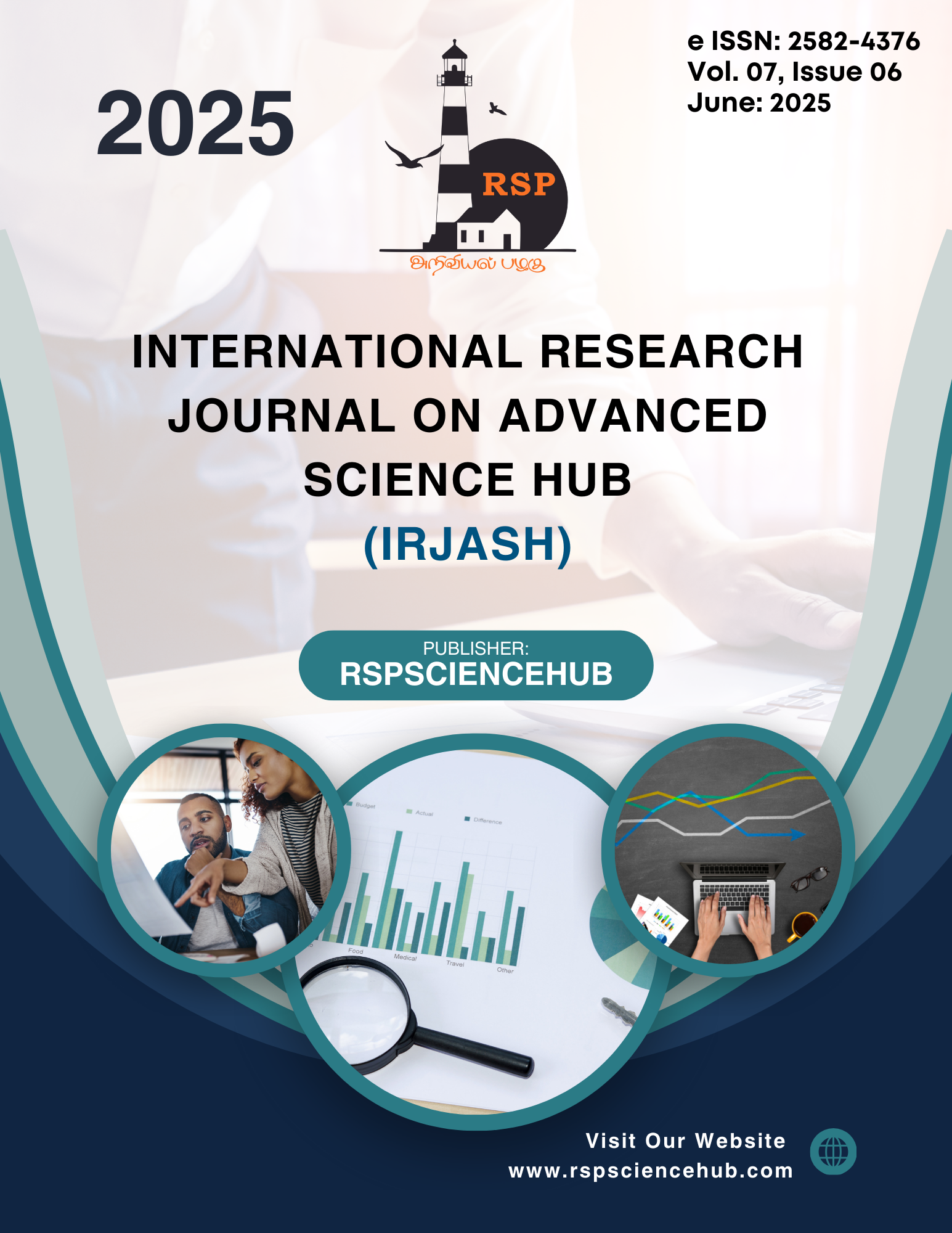Predictive Modeling of Carbon Footprint in Hybrid Structural Components Using AI and Mathematical Algorithms
DOI:
https://doi.org/10.47392/IRJASH.2025.059Keywords:
Carbon footprint prediction, Hybrid structural components, Artificial intelligence, Machine learning algorithms, Lifecycle assessment (LCA), Sustainable engineering, Composite materials, Emission modeling, Data-driven design, Net-zero constructionAbstract
Sustainable engineering requires a precise assessment of the carbon footprint of hybrid structural elements. To evaluate the lifespan emissions of materials such as composites and fiber-reinforced polymers, this study proposes a predictive modeling approach that blends mathematical optimization with Artificial Intelligence (AI) approaches, such as neural networks and regression algorithms. The model provides precise and understandable carbon footprint estimates by examining data on material characteristics, energy use, and processing techniques. The strategy promotes more environmentally friendly material selections and structural layouts, which are consistent with international net-zero goals.
Downloads
Published
Issue
Section
License

This work is licensed under a Creative Commons Attribution-NonCommercial 4.0 International License.





